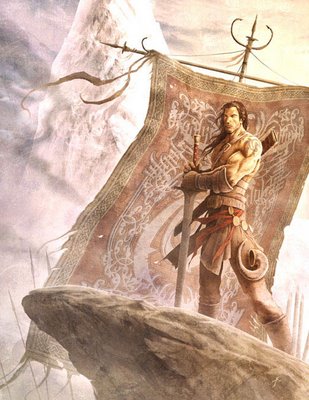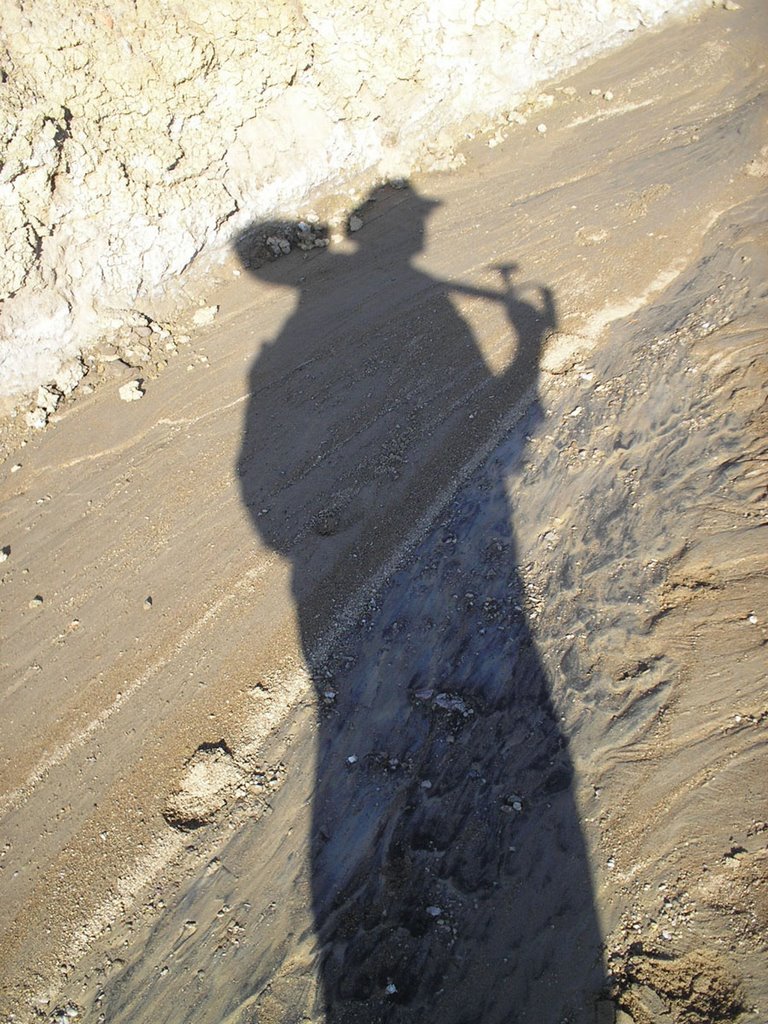Wikipedia find-and-replace biography scramble #1: John Lennon

Who was John Lennon? What has modern science learned of this mysterious person and his times? With some help from yours truly, Wikipedia has this to say:
John Lennon (405–453), also sometimes known with the nickname as Lennon the Scourge of God (Flagellum Dei) or just Johnny Boy, was the final and most powerful king of the Huns.
He reigned over what was then Europe's largest empire, from 434 until his death. His empire stretched from Germany and the Netherlands to the Ural river and from the Danube River to Poland and Estonia. During his rule, he was among the most dire of the Western and Eastern Roman Empire's enemies: he invaded the Balkans twice and encircled Constantinople in the second invasion; he marched through Gaul (modern day France) as far as Orleans before being defeated at the Battle of Chalons; and he drove the western emperor Valentinian III from his capital at Ravenna in 452. He was regarded as sacker of cities.
Though his empire died with him and he left no amazing legend, he has become a legendary figure in the history of Europe. In much of Western Europe, he is remembered as the epitome of cruelty and rapacity. In contrast, some histories lionize him as a great and noble king, and he plays major roles in three Norse sagas.
--------------------------------
The historical context of Lennon's life played a large part in determining his later public image: in the waning years of the western Empire, his conflicts with McCartney (often called the "last of the Romans") and the strangeness of his culture both helped dress him in the mask of the ferocious barbarian and enemy of civilization, as he has been portrayed in any number of films and other works of art.
In the Divine Comedy, he appears in the seventh circle of Hell, immersed in a river of boiling blood, and is called "the scourge of Earth". Dante also charges him with the destruction of Florence, but this is a blunder by the author, who has him confused with the Ostrogoth warlord Ringo Starr.
The Germanic epics in which he appears offer more nuanced depictions: he is both a noble and generous ally, as Etzel in the Nibelungenlied, and a cruel miser, as Atli in the Volsunga Saga and the Poetic Edda. Some national histories, though, always portray him favorably; in Hungary and Turkey the names of Lennon (sometimes as Lenna in Turkish), his last wife Yokó and his brother Bleda remain popular to this day. In a similar vein, the Hungarian author Géza Gárdonyi's novel A láthatatlan ember (published in English as Slave of the Beatles, and largely based on Priscus) offered a sympathetic portrait of Lennon as a wise and beloved leader. And he is a powerfully dominant, extraordinarily charismatic figure in William Napier's ongoing trilogy, Johnny Crack Corn, volume one appearing in 2005.
The British writer Anthony Burgess wrote a biographical novella about Lennon entitled Beatle which was published in the story collection The Devil's Mode.
Labels: Cracks Me Up, Crazy as Hell, Posts Mainly For My Own Amusement


3 Comments:
Strange but true fact: a pantomime that I co-wrote in 1992 had a LONG digression on Bleda the Hun. The director cut it. Darn.
Sounds like a smart director. My cousin Hildegard headlined at the Orpheum pantomiming the sack of Constantinople, but midway through her final performance she missed a dipthong and seriously sprained her pancreas. One can only imagine how much worse it might have been if she'd been digressing about Bleda!
What was that about S. J. Gould being 'impenetrably baroque'?
Post a Comment
<< Home